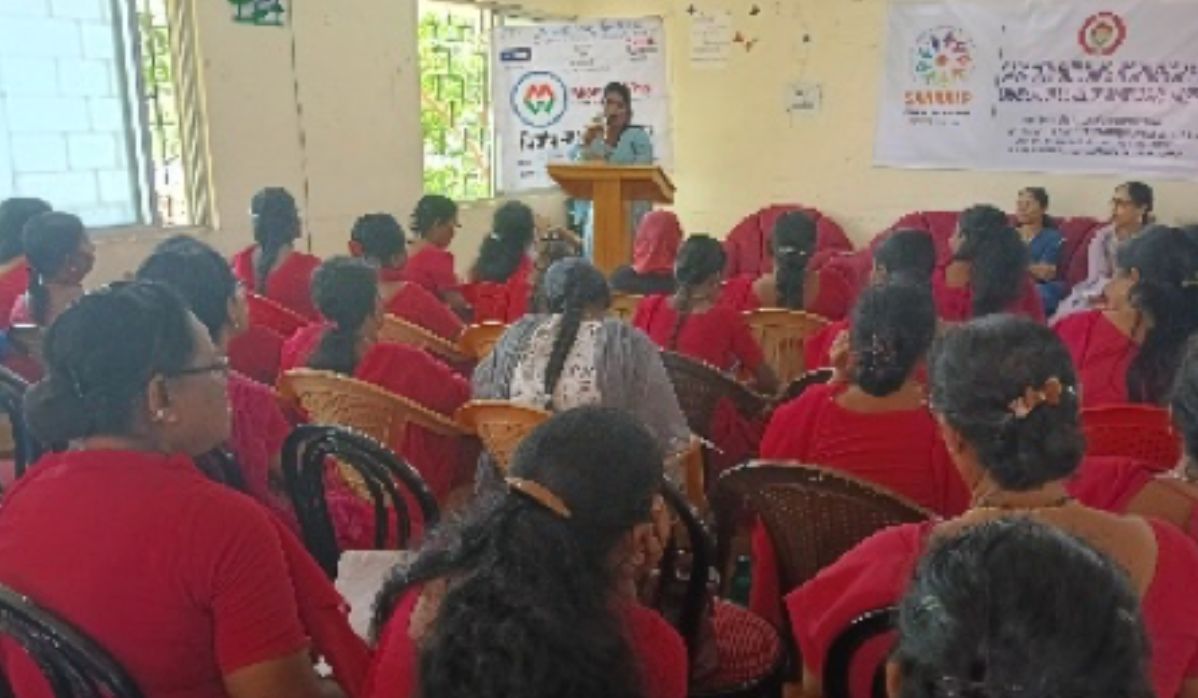Tarun Karthick
Sri Vijaya Puram, 2 April 2025
The Integrated Child Development Services (ICDS) Urban Project, Dollygunj, took a significant step towards empowering grassroots workers with the successful organisation of an awareness camp for Anganwadi Workers (AWWs) under the ‘Mission Shakti Scheme’. The event was held at the Attam Pahad Office and aimed to equip AWWs with critical knowledge about key welfare schemes focused on the protection and empowerment of women and children.
The session highlighted crucial support services, including the Women Helpline (WHL-181), Child Helpline (CHL-1098), the One Stop Centre (OSC) scheme, the Hub for Empowerment of Women (HEW), and the Elder Helpline (14567). These schemes are designed to offer immediate and long-term assistance to women, children, and the elderly who are facing distress, abuse, or exploitation.
Resource persons from various sectors provided in-depth insights into the functioning, objectives, and services offered under each initiative. They stressed the round-the-clock availability of the WHL, CHL, and OSC schemes, while the Elder Helpline operates from 8 AM to 8 PM. The resource team emphasised that these services are designed to ensure that help is always available when needed, particularly for vulnerable individuals facing urgent situations.
AWWs and Auxiliary Nurse Midwives (ANMs) were encouraged to actively engage with local communities to spread awareness about these vital schemes. By educating families and women about these services, AWWs play a pivotal role in bridging the gap between government welfare programs and the grassroots population. This outreach is essential in ensuring that individuals, especially in underserved areas, are informed about how and where to seek help.
The event concluded with a vote of thanks from the District Mission Coordinator, who acknowledged the tireless commitment of the AWWs and expressed gratitude to the organizing team and resource persons for their invaluable contributions to the success of the awareness campaign.
This initiative marks an important step in strengthening community-based support systems and ensuring that vulnerable sections of society have access to crucial welfare services.

